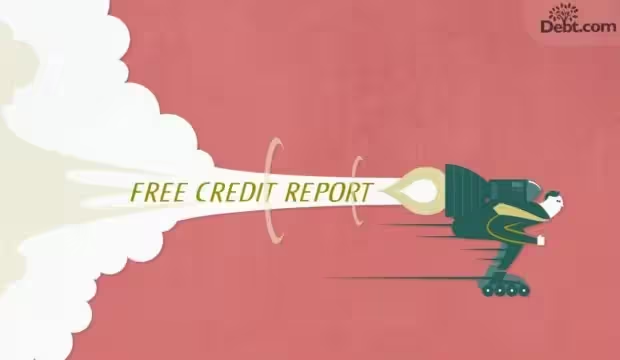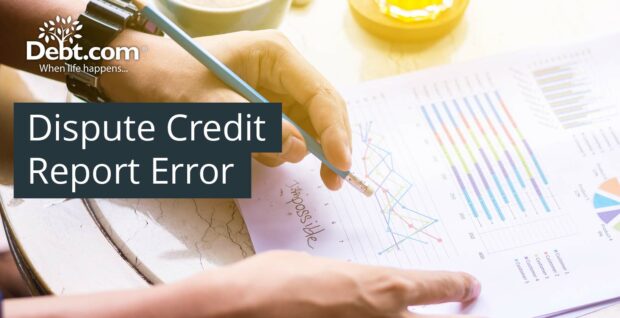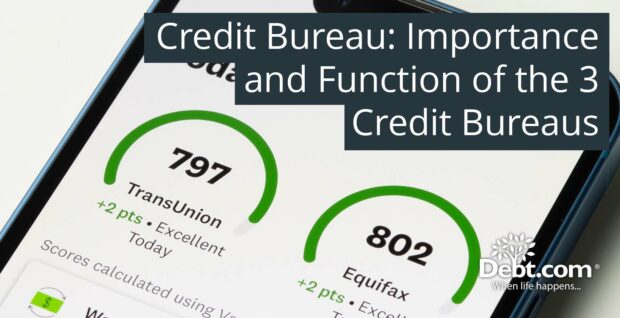
One of the smartest financial habits you can build is regularly checking your credit reports for accuracy. Thanks to the Fair Credit Reporting Act (FCRA), every consumer is entitled to one free credit report per year from each of the three major credit bureaus: Equifax, Experian, and TransUnion.
But since 2020, access has improved. As of October 2023, the three credit bureaus have made it permanently free to check your credit reports weekly at AnnualCreditReport.com, the official site authorized by federal law.
You can view your reports online, or request them by phone or mail. Frequent monitoring helps you catch identity theft early and dispute errors before they damage your credit.
Table of Contents
Where to go to order your free credit reports
You have three secure ways to get your credit reports from Equifax, Experian, and TransUnion:
- Download your reports online:
Visit AnnualCreditReport.com to access your reports instantly. This is the only site authorized by federal law. - Request a mailed copy by phone:
Call toll-free at 877-322-8228. - Request by mail:
Fill out the Annual Credit Report Request Form and mail it to:
Annual Credit Report Request Service
P.O. Box 105281
Whether you download your reports or request them by mail, you’ll need to provide your name, address, Social Security number, and date of birth to verify your identity.
If you are visually impaired
Consumers with visual impairments can still access their free credit reports with assistance.
You can use the Telecommunications Relay Service (TRS) by dialing 711, then asking the Relay Operator to connect you to 1-800-821-7232.
To verify your identity and request your reports, you’ll be asked to answer some personal security questions. You may also be required to confirm that your visual impairment qualifies under the Americans with Disabilities Act (ADA).
How to download your free credit reports from AnnualCreditReport.com
If it’s your first time requesting your credit reports, don’t worry, it’s a straightforward process. Just follow these steps:
Step: 1 – Visit AnnualCreditReport.com
Go to www.AnnualCreditReport.com. This is the official, secure site where you can request your reports from Equifax, Experian, and TransUnion.
Use a secure private network – avoid accessing this site on public Wi-Fi or at work, since your reports contain sensitive personal information.
Step: 2 – Start your request
On the homepage, click the red button labeled “Request your free credit reports. This will launch the secure portal.
Step: 3 – Enter your personal information
You’ll be asked to provide:
- Your full legal name
- Date of birth
- Social Security number
- Current address (and previous address if you’ve moved in the past two years)
Click “Next” to proceed.
Step: 4 – Choose your reports
You can request your reports from any or all three credit bureaus: Equifax, Experian, and TransUnion.
- First time? Download all three. Credit bureaus don’t share data, and different lenders may only report to one or two.
- Reviewing regularly? Consider checking one bureau at a time every few months to monitor your credit year-round.
Select the reports you want and click “Next.”
Step: 5 – Verify your identity
Each credit bureau will ask you a few security questions based on your credit history to confirm your identity. These are multiple-choice and may cover things like:
- Loan or credit card accounts in your name
- Monthly payment amounts
- Previous addresses
Answer the questions to access your report. If the system can’t verify your identity online, you’ll be given contact information to complete the process by phone or mail.
Step: 6 – View, print, or save your report
Once you access your report, you can review it online or download a copy:
- Click “Print your report” to save a PDF or print a hard copy
- If you save a digital copy, be sure to store it securely and delete it after review
When finished, return to the AnnualCreditReport.com portal to access your next report (if you selected more than one).
Step: 7 – Repeat for each credit report
Repeat Steps 5 and 6 for each credit report you requested.
What to check when reviewing your credit reports
As you go through each report, focus on four key areas:
1. Personal information
Make sure your name, address, and other details are correct. Watch for unfamiliar aliases (name variations), which can indicate your file is being mixed with someone else’s. If you see names you’ve never used, that could be a red flag.
2. Negative items
Check for any missed payments, charge-offs, or accounts in collection. If something appears incorrect, it could be negatively impacting your score. Also, check the dates. Negative marks are supposed to drop off after a set period (usually 7 years).
3. Account details
Review each listed account for accuracy. Pay close attention to:
- Payment history
- Account status (open, closed, past due)
- Balance information
Balances may not reflect real-time numbers, but they should be close. If something looks way off, contact the creditor directly or check your online account.
4. Unknown accounts
If you spot accounts or collections you don’t recognize, it could be a sign of identity theft. Report it immediately to the credit bureau and visit IdentityTheft.gov to start a recovery plan.
Free credit report FAQ
There are a lot of websites that promise free credit reports, but some are fraudulent, and others are just trying to get you to sign up for a paid credit monitoring service. These websites will ask for credit card information to access your reports even though they say the report is free. If you don’t cancel the service before the end of the trial period, you are automatically signed up for their service.
There is only ONE website that offers truly free credit reports with no strings attached. annualcreditreport.com is the only official site to get your free weekly credit reports. You will be asked questions to verify your identity, but you will not be asked for any credit card information to access your reports.
Unfortunately, you won’t get your credit score for free through annualcreditreport.com. Be aware that while you are downloading your free credit reports through the website, the credit bureaus will offer your credit score. But you will need to pay for them. They are not part of the free reports guaranteed by the FCRA.
About one-third of all credit reports have errors, and about one in twenty people are victims of identity theft. Everyone needs to know if their credit reports are correct. Errors on your credit report can negatively affect your credit rating, possibly giving you bad credit. Additionally, by viewing your credit report, you can spot identity theft and report it right away.











